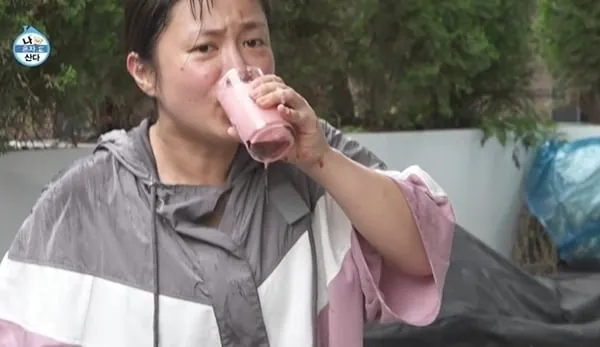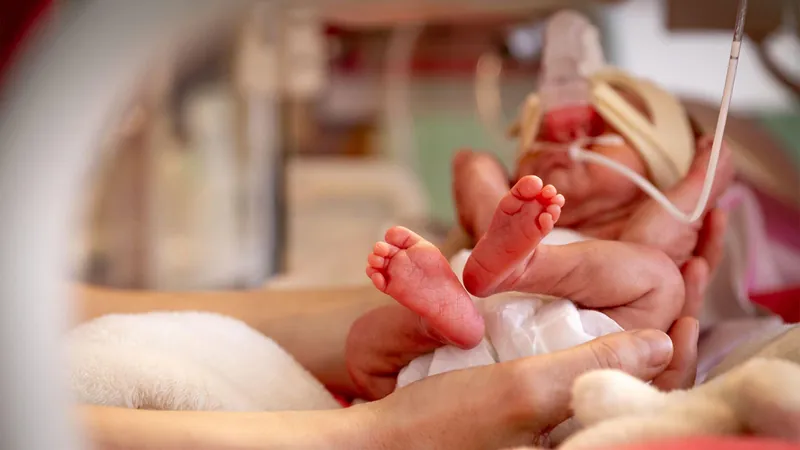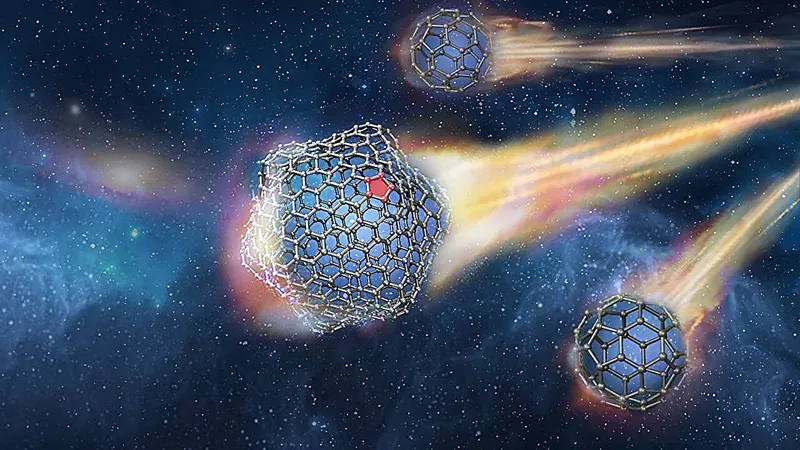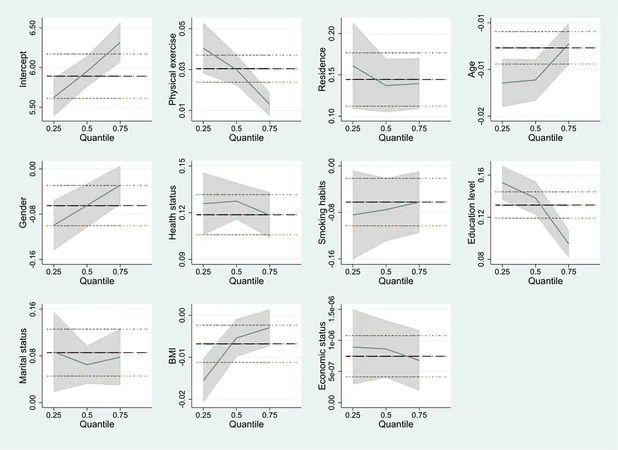
TV Shows Under Fire for Promoting Alcohol Culture: What You Need to Know!
2024-11-19
Author: Siti
Introduction
In recent times, popular television programs such as MBC's "I Live Alone," featuring the charming Park Na Rae, and "Workman," hosted by Jang Sung Kyu, have drawn significant backlash for their portrayals of alcohol consumption that could lead to harmful social behaviors. Critics argue that these shows glamorize drinking, flouting Korea's regulations concerning alcohol depiction on air.
Regulatory Warnings
During a general meeting convened by the Korea Communications Standards Commission (KCSC) on November 18th, a formal 'warning' was issued to "I Live Alone." The program has consistently featured its cast indulging in various alcoholic beverages, including scenes with Park Na Rae enjoying bokbunja (raspberry wine) and TWICE's Jihyo savoring a refreshing draft beer. These portrayals have raised alarms about the normalization of "solo drinking" and the notion of drinks being a sweet reward after work or exercise, which many find troubling.
Concerns Across Multiple Shows
The issues are not limited to "I Live Alone." "Workman," known for its comedic take on everyday office life, also faced scrutiny for irresponsible drinking scenarios. For instance, in a video segment aired on July 26, 2019, Jang Sung Kyu jokingly queried whether it was acceptable to drink beer at work, to which a crew member responded, “Once a week.” This lighthearted banter raises serious questions about workplace alcohol consumption and its implications, especially considering the National Health Promotion Act, which strictly prohibits showcasing drinking during work and driving activities.
Public Health Context
The backlash is particularly significant in light of current public health discussions. The act aims to prevent not just the advertising of alcohol but also any portrayals that encourage its consumption, especially in contexts involving minors or sensitive groups like pregnant individuals. Strikingly, data that Representative Kim Mi Ae recently presented to the National Assembly Health and Welfare Committee reveals a staggering 7,424 cases of illegal alcohol advertisements identified between 2019 and August 2024—a reflection of society’s intoxication with drinking culture.
Popularity of Drinking Broadcasts
Yet, amidst the criticism, 'drinking broadcasts' (or 'sulbang') remain astoundingly popular on various platforms. Viewers seem captivated by the relaxed vibe of these programs, sparking a conversation about consumption habits and the responsibility of media outlets.
Conclusion
As conversations regarding health, wellbeing, and media influence continue to evolve, it raises an urgent question: how can entertainment shape our cultural norms surrounding alcohol, and do we risk normalizing potentially harmful behaviors in the process?



 Brasil (PT)
Brasil (PT)
 Canada (EN)
Canada (EN)
 Chile (ES)
Chile (ES)
 España (ES)
España (ES)
 France (FR)
France (FR)
 Hong Kong (EN)
Hong Kong (EN)
 Italia (IT)
Italia (IT)
 日本 (JA)
日本 (JA)
 Magyarország (HU)
Magyarország (HU)
 Norge (NO)
Norge (NO)
 Polska (PL)
Polska (PL)
 Schweiz (DE)
Schweiz (DE)
 Singapore (EN)
Singapore (EN)
 Sverige (SV)
Sverige (SV)
 Suomi (FI)
Suomi (FI)
 Türkiye (TR)
Türkiye (TR)